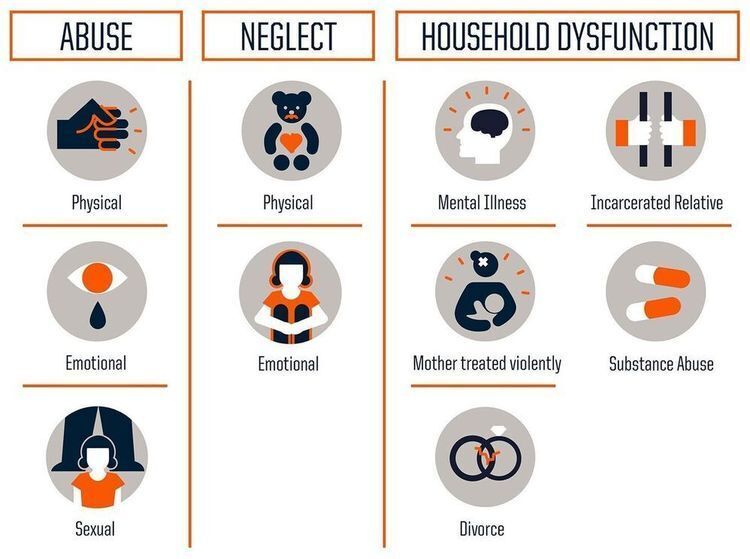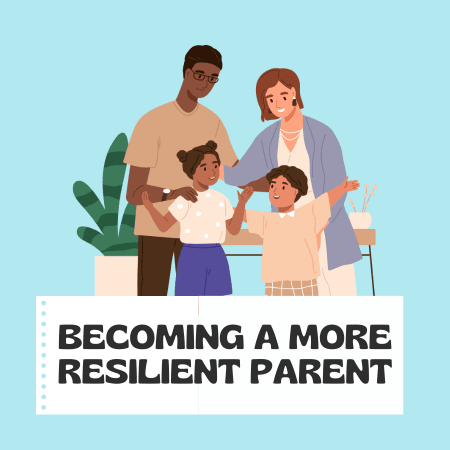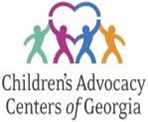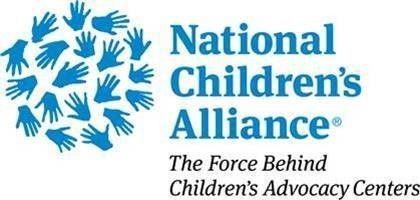
Adverse Childhood Experiences (ACEs) are traumatic events occurring during childhood, such as abuse, neglect, or household dysfunction. These experiences can profoundly impact physical, mental, and emotional health outcomes later in life. Kids with a higher number of ACEs are more likely to score lower on standardized tests, have language difficulties, be expelled or suspended, and fail a grade. Adults who have experienced four or more ACEs compared to those with zero ACEs are twice as likely to have a heart attack, twice as likely to report serious financial problems, three times more likely to have serious job problems, and six times more likely to have clinical depression.
In the absence of caring relationships, trauma can disrupt healthy brain development.
Communities can promote healthy brain development through relationship building and providing supports to families and children.
Strong, supportive relationships play a pivotal role in mitigating and preventing the impact of Adverse Childhood Experiences (ACEs).
Research shows that just 1 nurturing relationship with a supportive adult can act as a buffer against the negative effects of ACEs.
Positive experiences can buffer those bad experiences.
Positive interactions and experiences for children and families foster healthy development.











